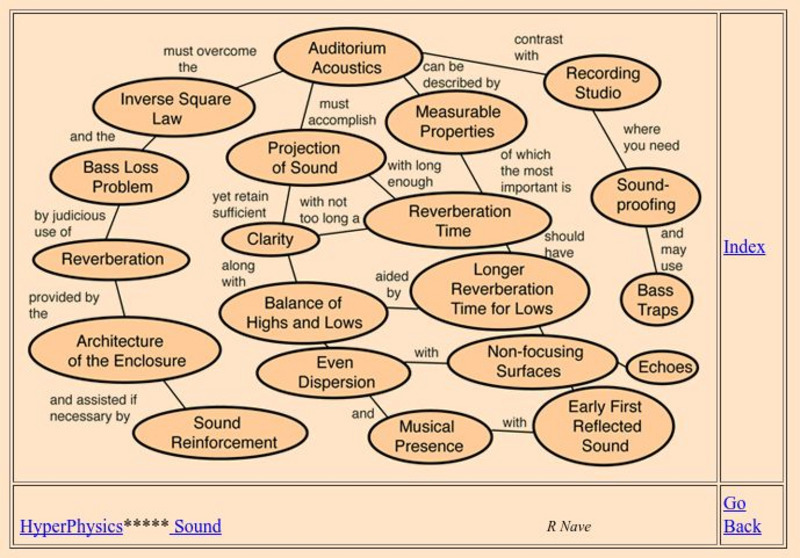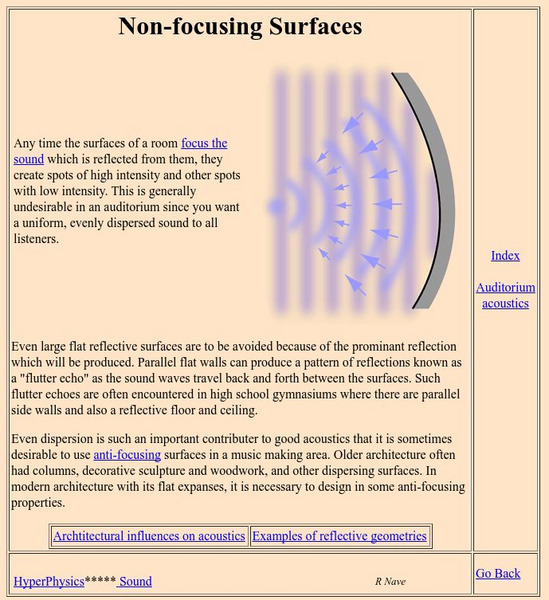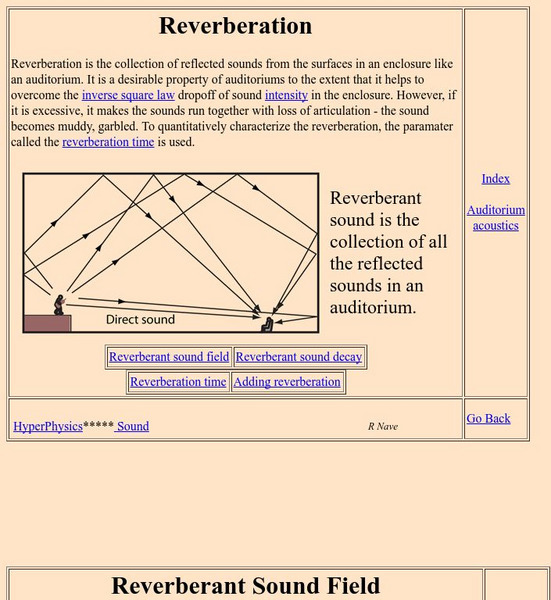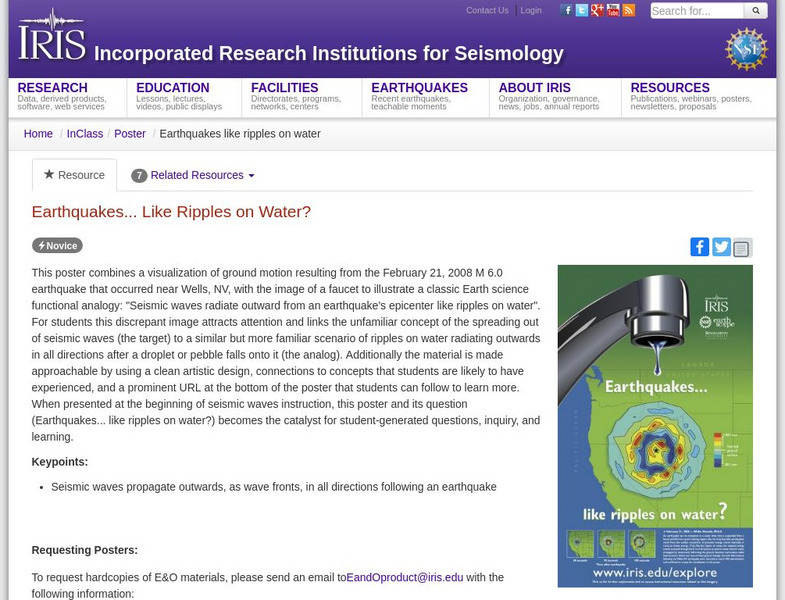Curated OER
Wave Equations
Students manipulate a model of a wave in order to solve the wave equation in 1 dimension. By using a model of a wave on a string the student is able to change the tension, length, and mass of the string as well as fix either end of the...
Curated OER
My Flag for the Future
Students study the logo or crest that represents their hometown and describe what it means. They create a new logo for the younger members of their hometown after looking at images of symbols from many other cities and towns.
Curated OER
Electrons and Atoms
In this atoms worksheet, students determine the velocity, wavelength, power, and frequency of given atoms. Student describe wave-particle duality and give the principle and angular quantum numbers for given orbitals. This worksheet has...
Curated OER
Wavelength And Resolution
Learners perform a simulation of the workings of an electron microscope to discover that the resolution will need to improved to detect objects in the nano-scale. They use wooden dowels as detectors to determine the shape of objects in...
Curated OER
Good Vibrations
Students demonstrate sound waves and make changes in the waves
resulting in changes in pitch. Students associate changes in pitch in various "musical instruments"with size and shape and the sound waves they produce.
Curated OER
Galveston Island
Students discuss as a class how waves are formed. In groups, they participate in an experiment in which they can determine the effect of the moon on waves and discuss how Galveston Island formed over time. They identify the soil makeup...
Curated OER
Lesson- Colors of Stars
Student describes what happens to the color of a stove burner or a coal as it gets hotter. They use the applet to determine what range of temperatures range give you a red light, what range of temperatures would give you a white light,...
Georgia State University
Georgia State University: Hyper Physics: Auditorium Acoustics
Home page for a hypertext physics course on auditorium acoustics and acoustical design.
University of Colorado
University of Colorado: Ph Et Interactive Simulations: Fourier Making Waves
Learn how to make waves of all different shapes by adding up sines or cosines. Make waves in space and time and measure their wavelengths and periods. See how changing the amplitudes of different harmonics changes the waves. Compare...
Texas A&M University
Ocean World: Bringing the Ocean to the Classroom
Online resource for students and teachers to see information on icebergs, fisheries, coral reefs, waves, currents and more. Provides teachers with learning activities. Has its own ask-an-expert site (Ask Dr. Bob), and provides real-time...
Incorporated Research Institutions for Seismology
Iris: Exploring the Earth Using Seismology
The paths of some seismic waves and the ground motion that resulted are shown in this poster.
National Women’s History Museum
National Women's History Museum: The Waves of World War Ii
Discover more about the women of the Naval Reserve during World War II.
Georgia State University
Georgia State University: Hyper Physics: Musical Instruments
Homepage for a hypertext about the different families of musical instruments. From this page, users can retrieve information on a the acoustics of a variety of specific instruments: stringed instruments, woodwind instruments, brass...
Georgia State University
Georgia State University: Hyper Physics: Architecture for Acoustics
A physics tutorial on designing an auditorium and solving the problem of sound reflection. Illustrated.
Georgia State University
Georgia State University: Hyper Physics: Non Focusing Surfaces
This hypertext physics course tutorial on nonfocusing surfaces relates various design principles to good auditorium design. Illustrated.
Georgia State University
Georgia State University: Hyper Physics: The Place Theory
An indexing page for an elaborate and in-depth hyper-textbook on various physics topics. This page indexes several others which pertain to human ability to perceive sound and recognize pitch. Introduces and explains Place Theory.
Georgia State University
Georgia State University: Hyper Physics: Sound Propagation
This page and the many pages which are indexed to focus on the behaviors of sound which characterize it as a wave. Reflection, refraction, interference, diffraction and more are clearly illustrated and explained.
Georgia State University
Georgia State University: Hyper Physics: Water Tube Resonance Experiment
Online physics lab experiment in which students use resonating waves inside of a closed-end air column to determine the speed of sound. The form allows students to check their answers and receive immediate feedback.
Georgia State University
Georgia State University: Hyper Physics: Reverberation
A tutorial from a hypertext physics course book that discusses reverberation. Illustrated.
Georgia State University
Georgia State University: Hyper Physics: Sound Level Measurement
Home page for a hypertext physics course. Users can access subjects ranging from the sound wave parameters that effect hearing and communication to OSHA worplace standards.
Georgia State University
Georgia State University: Hyper Physics: Refraction of Sound
A discussion of refraction and its application to sound waves. Using analogies, graphics and real-life applications, this page and those that accompany it explain why and when sound waves bend.
Pennsylvania State University
Kettering University: The Simple Harmonic Oscillator
The motion of three simple harmonic oscillators is animated to illustrate the effects of mass and spring constant upon the motion. Several equations and a lengthy discussion accompany the animations.
Other
Southampton Oceanography Centre: Rossby Waves
This site from the Southampton Oceanography Centre provides an easy-to-understand definition and schematic of a Rossby Wave in the Introduction hyperlink. Also includes information on how to observe Rossby waves in satellite data and a...
Incorporated Research Institutions for Seismology
Iris: Earthquakes, Like Ripples on Water?
See how seismic waves propagate outwards, as wave fronts, in all directions following an earthquake.























